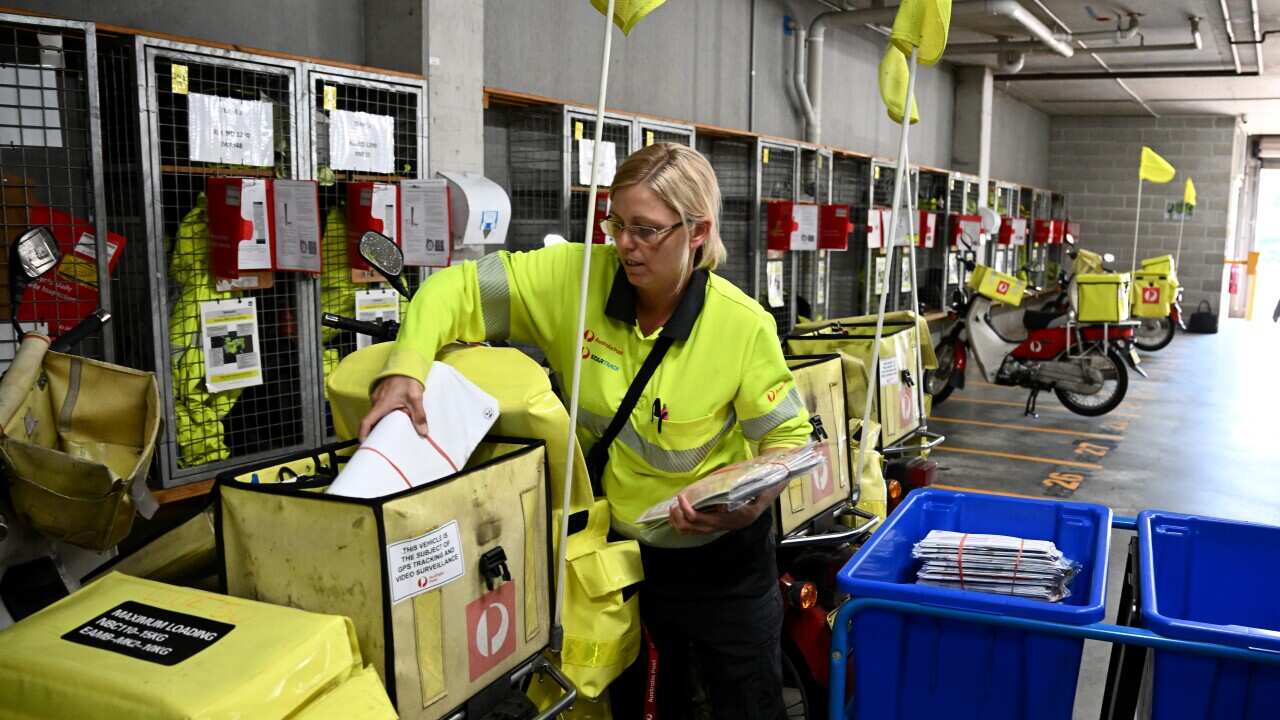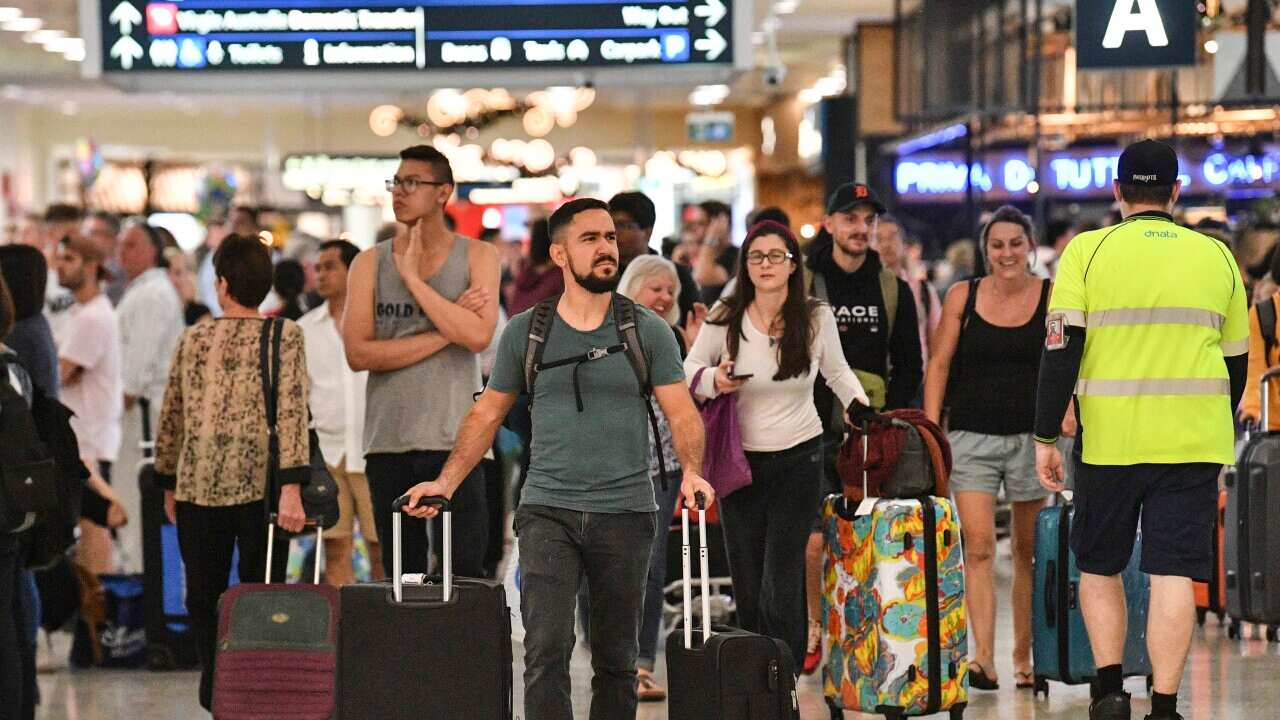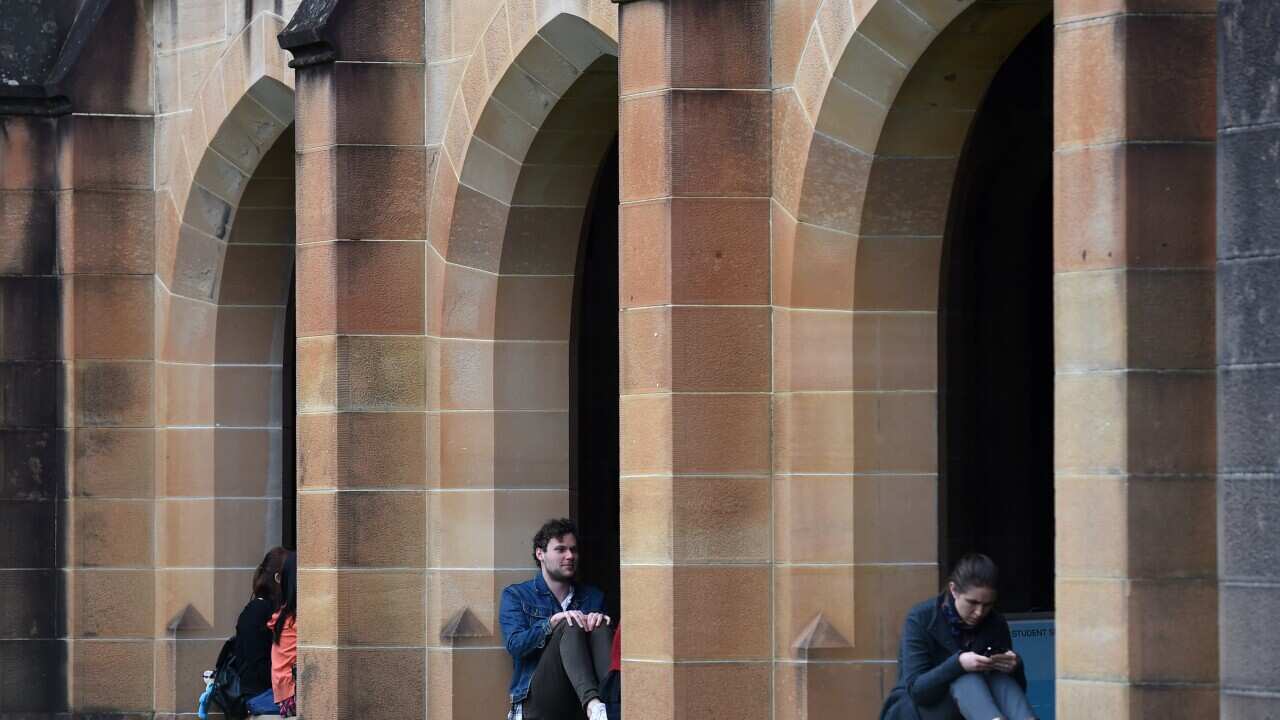Twin explosions in the departure hall of Brussels airport prompted several countries worldwide to review or tighten airport security on Tuesday and raised questions about how soon passengers should be screened when entering terminals.
Islamic State claimed responsibility for bomb attacks on Brussels airport and a rush-hour metro train in the Belgian capital which killed at least 30 people.
Prosecutors said the blasts at Zaventem airport, which serves more than 23 million passengers a year, were believed to be caused by suicide bombers.
Authorities responded by stepping up the number of police on patrol at airports in London, Paris and Frankfurt and at other transport hubs as Brussels rail services were also halted.
Airlines scrambled to divert flights as Brussels airport announced it would close through Wednesday.
In the United States, the country's largest cities were placed on high alert and the National Guard was called in to increase security at New York City's two airports.
A United Nations agency is already due to review airport security following the downing of a Russian airliner in Egypt by a makeshift soda-can bomb in October last year. Islamic State has claimed responsibility for smuggling the bomb on board.
But there has been less attention focused on how airports themselves are secured, before passengers check in for flights, despite a number of attacks.
"It strikes me as strange that only half of the airport is secure. Surely the whole airport should be secure, from the minute you arrive in the car park," said Matthew Finn, managing director of independent aviation security consultants Augmentiq.
"Two terrorists who enter the terminal area with explosive devices, this is undoubtedly a colossal failure."
In 2011, a suicide bomber struck the arrival hall at Moscow's Domodedovo airport, killing 37 people. In 2013, a shooter killed a US government Transportation Security Administration officer at Los Angeles international airport.
The relative openness of airports' public areas in Western Europe contrasts with some in Africa, the Middle East and Southeast Asia, where travellers' documents and belongings are checked before they are allowed to enter the airport building.
In Turkey, passengers and bags are screened on entering the terminal and again after check-in. Moscow also checks people at terminal entrances.
"Two terrorists who enter the terminal area with explosive devices, this is undoubtedly a colossal failure," Pini Schiff, the former security chief at Tel Aviv's Ben-Gurion airport and currently the CEO of the Israel Security Association, said in an interview with Israel Radio.
But such checks could create upheaval at terminals and rely on security staff paying close attention.
"Any movement of the security 'comb' to the public entrance of a terminal building would cause congestion, inconvenience and flight delays, while the inevitable resulting queues would themselves present an attractive target," said Ben Vogel, Editor, IHS Jane's Airport Review.
But adding pre-terminal screening and other measures at airports would be costly.
"I don't see it happening anytime soon," said Daniel Wagner, CEO of Country Risk Solutions, a security consulting firm in Connecticut in the United States. "There's no sense of urgency and not enough money devoted to the problem."











